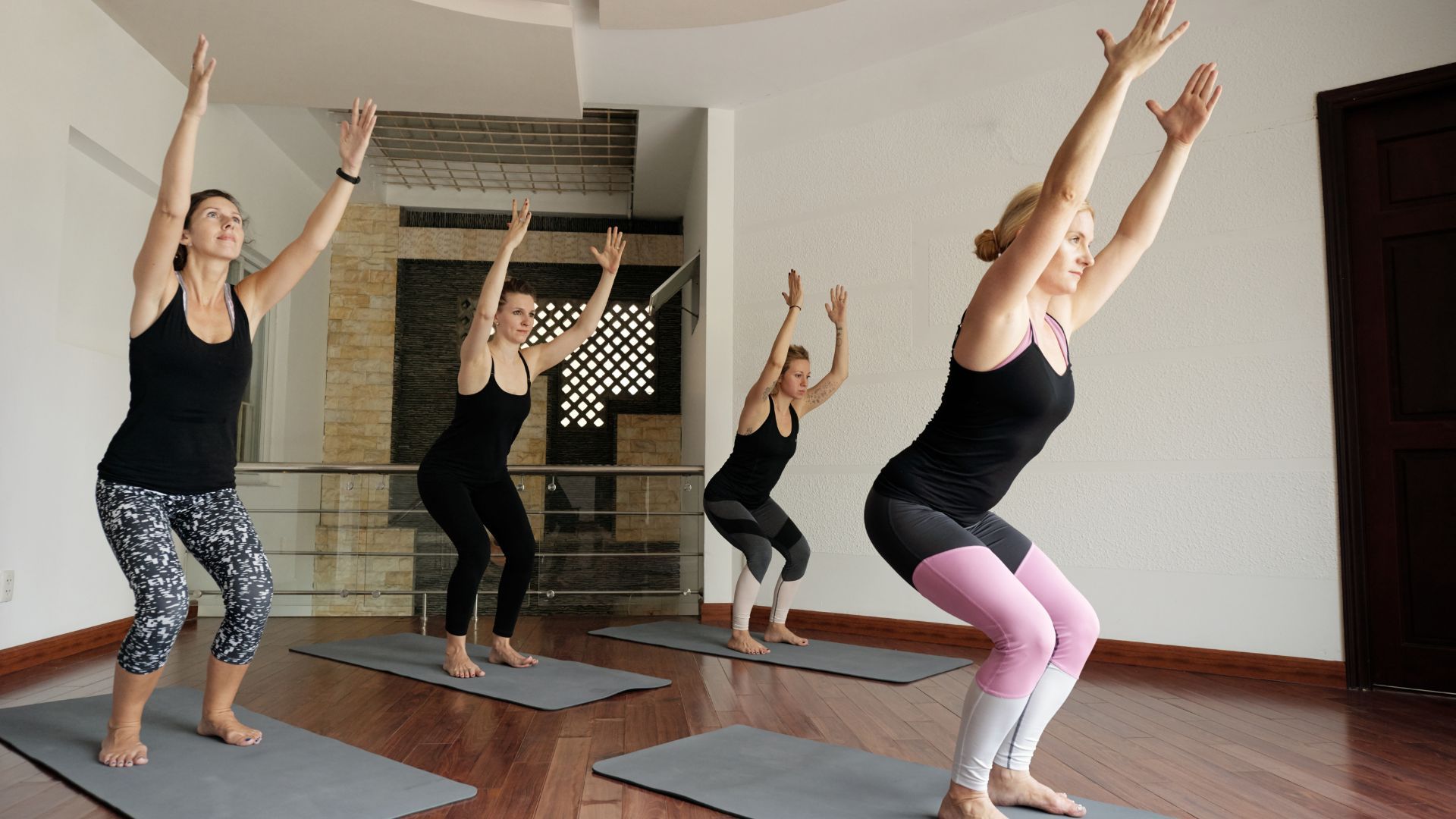Can yoga heal trauma?
Trauma can be a life-altering experience that might affect aspects of your life. As a result of which, your muscles hold a lot of stress and tension. Yoga is a great way to have a holistic approach.
November 29 2022 | Sreetama BasuCan yoga heal trauma?
Whenever we hear the word trauma, it evokes feelings of anxiety and discomfort in us. You might not always be able to figure out what you are feeling, and that is because your mind and body find it difficult to comprehend them.
When you take the route of trauma-informed yoga, it aims to make you more aware of how your trauma has affected your body and what your body is holding in. This way you release the trauma held in your body and take a step toward healing.
How does trauma affect the body?

The central nervous system in humans works in a way where if you experience trauma, the body gets into a flight or freeze or fight mode. This means that when your body senses danger, its initial reflex will either be to fight back, flee away, or just freeze and be able to react out of shock.
While animals react the same way in the face of impending danger, they are also able to quickly move on from this moment of trauma and get on with their lives. However, humans are unable to do so. They get stuck in their trauma. While this affects the brain the most, the body also tends to hold in a lot of tension, thus making you more restricted.
How yoga helps with trauma
Trauma-informed or trauma-sensitive yoga works with spiritual health by targeting the impact of trauma on your body and mind. This is a great way to regain control over your body and reconnect and accept the love and sense of belonging that was under threat during the traumatic experience.
Trauma-informed yoga frees your system from the stress response in many ways. It explores the connection between your body, mind and breathing through yoga. This form of yoga engages the parasympathetic nervous system to reduce the stress response induced by trauma.
3 yoga poses to help trauma survivors
Child’s pose
This is a resting pose, so your body goes into a state of rest. When you come back up, you are back to the present. For this pose, you need to start by letting your toes touch, keep the knees along the width of your mat and reach away from your body as far as your arms go. Sit with your hips backward, pointing your heels and bow your forehead down to the mat. When you are in this pose, inhale into the space between your ribs and lower back, and when you exhale, let your chest and stomach drop on the mat.
Extended puppy pose
This yoga pose focuses on your shoulders and releases tension from them. Get in a tabletop position and then crawl your hands away from your body. Place your hips over your knees and in this position, touch your forehead down to the mat slowly, while pressing your arms down. Inhale and expand into the back of your body, exhale and release your chest towards the mat.
Chair pose

This pose strengthens your body and mind by creating heat. You have to start by shifting the weight on your feet on your heels and keeping your knees on your ankles when you sit back a little. Keep your tailbone towards the ground and breathe in to activate your core, by pulling in your stomach towards your spine. Reach out to the ceiling with your fingertips and rotate your pinkies in, so that your biceps touch your ear. Inhale and push your fingertips away from your shoulders, exhale and sit back down.
To sum up, when you experience or witness trauma, sometimes the wounds are much deeper than you might know. Trauma brings up incidents from the past, which your body stores, mostly without telling you. Yoga helps release this trauma from your body and makes you feel at peace with yourself again.
Disclaimer : Beem Wellness provides general education on health and wellness. The content on this blog, website or any linked material is not intended and should not be considered, or used as a substitute for, medical advice, diagnosis or treatment. If you or any other person has a medical concern, you should immediately consult your health care provider.
In case of medical emergencies, please call 911.

